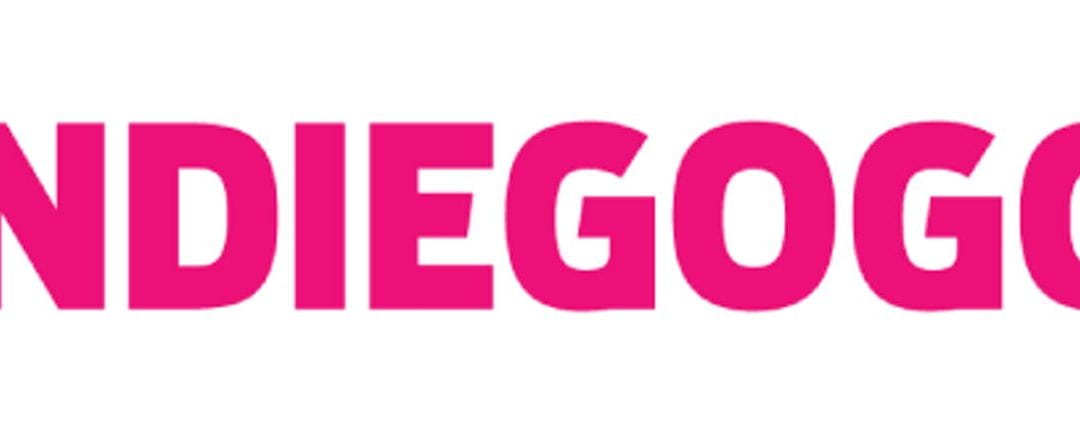The growing organizational scholarship on authenticity has drawn attention to both its symbolic and material consequences for—among other things—organizational status, identity, consumer ratings, and brand trust. However, our understanding of authenticity has tended to focus on the what—the attributes and content typically associated with authentic products, organizations, and experiences. We still lack a clear understanding of how audiences think about different aspects of authenticity and the mechanisms through which audiences’ perceptions affect outcomes. In this paper we conduct three studies to investigate what people mean when they evaluate an organization as authentic, and what consequences this has for their support for the organization. In study 1 we build on existing theoretical frameworks to empirically derive three dimensions of authenticity: moral, idiosyncratic, and categorical. Using an online survey in the empirical setting of nascent crowdfunding ventures, we test the effects of these dimensions on audience members’ funding decisions. We find that each of the authenticity dimensions proves significant for distinct support outcomes, notably by enhancing the likability (warmth) of the project and/or its creators in the minds of evaluators. Study 2 offers experimental support for the mediating role of likability—but not of assessments of competence—in explaining support for nascent organizations. Finally, study 3 provides evidence that regardless of which dimension of authenticity audiences draw on, the latter are positively related in their minds to an overall notion of authenticity. We draw implications for the study of authenticity as a multidimensional concept in organizations, with both perceptual and real consequences for the support of nascent ventures.
Reference:
Nevena Radoynovska and Brayden G. King. 2019. To Whom Are You True? Audience Perceptions of Authenticity in Nascent Crowdfunding Ventures, Organization Science, first published 13 May 2019: https://pubsonline.informs.org/doi/abs/10.1287/orsc.2018.1253


